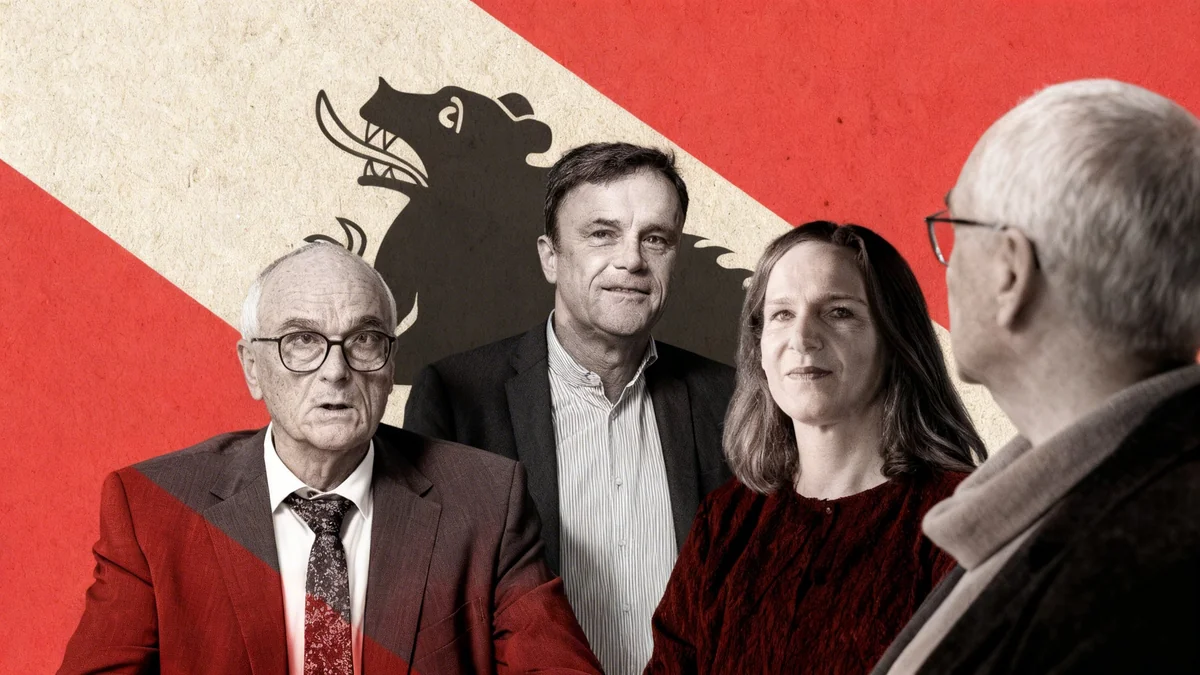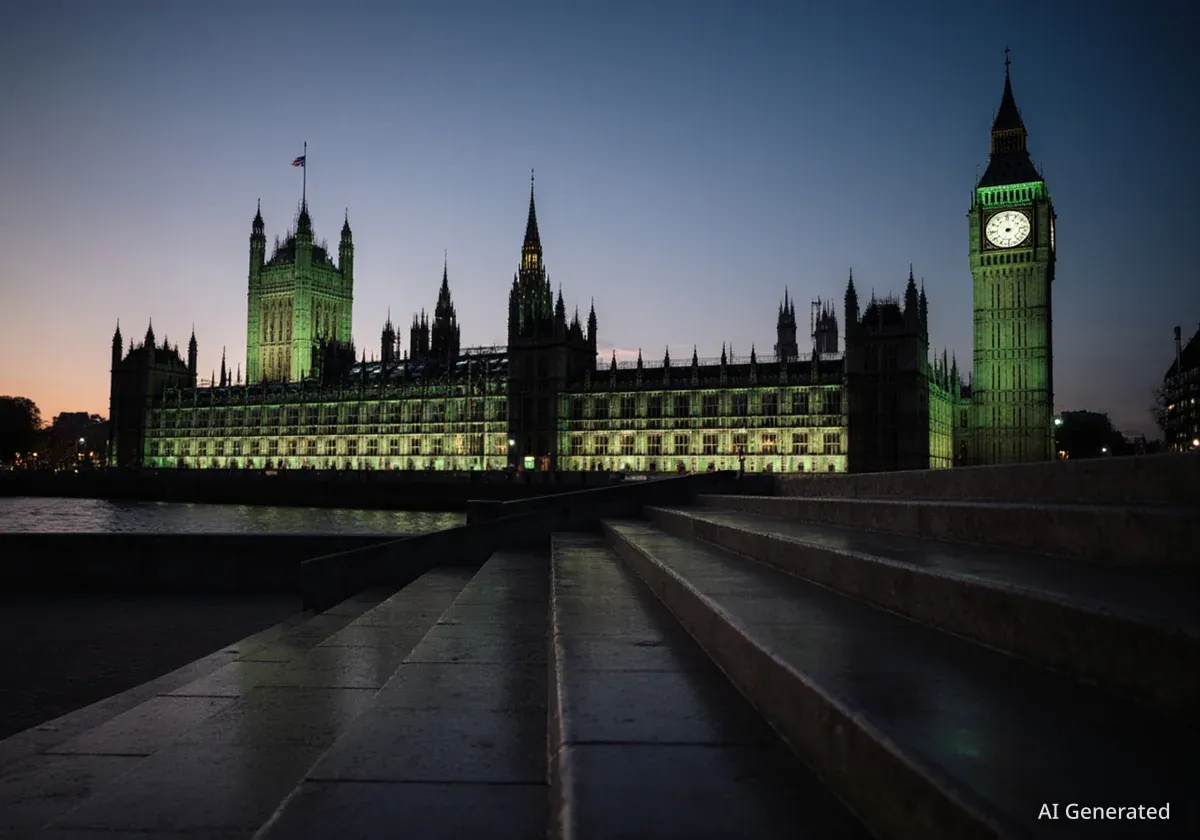The Swiss People's Party (SVP) staged a significant demonstration in Bern on Monday, reiterating its strong opposition to proposed agreements with the European Union. Eleven members of the National Council presented the party's official stance, signaling a clear divergence from the federal government's approach to EU relations.
This public display underscores the SVP's commitment to its long-standing eurosceptic position, even as it creates internal tension with its own federal councillors who are part of the government's consultative process.
Key Takeaways
- SVP held a major press conference in Bern to reject EU agreements.
- Eleven National Council members presented the party's detailed opposition.
- The party's stance creates conflict with its own federal councillors.
- SVP emphasized Switzerland's sovereignty and direct democracy.
SVP's Unified Front Against EU Deals
The event in Bern showcased a united front from the SVP. Nine male National Council members and two female National Council members addressed the media. They outlined the party's official consultation response regarding the proposed treaties with the EU.
This coordinated effort highlights the SVP's determination to influence public opinion and governmental decisions. The party has a history of dramatic public appearances to underscore its political messages.
Fact Check
The SVP is Switzerland's largest party by voter share. Its consistent stance on sovereignty and neutrality often places it at odds with broader European integration efforts.
Theatrical Demonstrations and Political Messaging
The SVP is well-known for its distinctive approach to political communication. Past events have included various forms of 'street theatre,' sometimes featuring traditional Swiss elements like halberds, or large helium balloons adorned with Swiss crosses.
These actions are designed to capture public attention and simplify complex political issues for a wider audience. The Bern press conference followed this pattern, using a significant display of parliamentary representation to deliver its message.
"Switzerland's sovereignty is non-negotiable. These agreements threaten our direct democracy and our ability to self-determine," stated one of the National Council members at the event, emphasizing the core of the SVP's argument.
Collision Course with Federal Councillors
The SVP's firm rejection of the EU agreements puts it in direct opposition to its own federal councillors. These councillors are integral parts of the Swiss government, which is currently engaged in the consultation process for the treaties.
This internal conflict within the party and the government highlights the deep divisions within Swiss politics regarding the country's future relationship with the European Union.
Background on EU-Swiss Relations
Switzerland and the EU have a complex relationship governed by over 120 bilateral agreements. These agreements cover various sectors, including free movement of people, technical barriers to trade, and agricultural products. The current discussions aim to consolidate and update this framework.
Protecting Swiss Interests and Direct Democracy
The SVP argues that the proposed agreements would undermine key aspects of Swiss national identity and political structure. A primary concern is the potential impact on Switzerland's system of direct democracy, which allows citizens significant influence through referendums and initiatives.
The party fears that aligning too closely with EU regulations could dilute the power of Swiss citizens to shape their own laws and policies. This concern resonates deeply with many voters who value Switzerland's unique political system.
- Maintaining national sovereignty is a top priority for the SVP.
- Protecting direct democratic rights is central to their argument.
- Preventing the adoption of foreign law is a key objective.
The Consultation Process and Public Debate
The current phase involves a public consultation, where various political parties, cantons, and organizations submit their official feedback on the proposed EU agreements. The SVP's detailed submission is a crucial part of this process.
This consultation period is vital for gathering diverse perspectives before the government makes final decisions. The SVP's strong stance ensures that a significant voice of opposition is heard loud and clear.
The debate surrounding these agreements is expected to intensify. Public opinion remains divided, reflecting the complex economic and political implications for Switzerland.
Economic Versus Sovereignty Arguments
Proponents of closer ties with the EU often highlight economic benefits, such as easier access to the single market and reduced trade barriers. They argue that Switzerland's prosperity is closely linked to its relationship with its largest trading partner.
The SVP, however, prioritizes political independence over potential economic gains from deeper integration. They contend that Switzerland can thrive by maintaining its unique position outside the EU's direct influence.
The outcome of these negotiations will significantly shape Switzerland's future on the international stage. The SVP's resolute opposition ensures a robust and challenging political discussion ahead.




